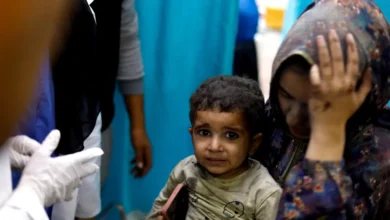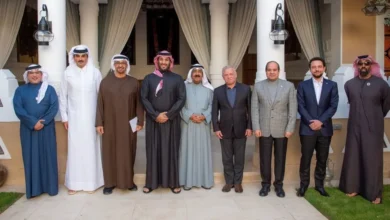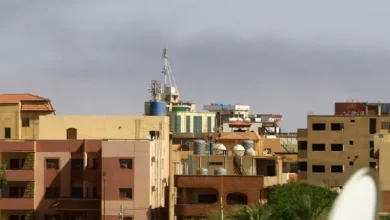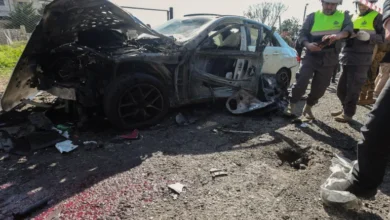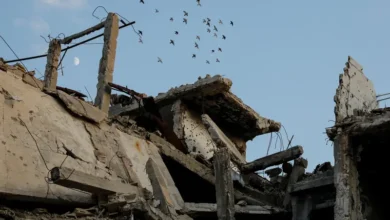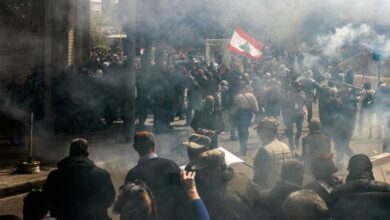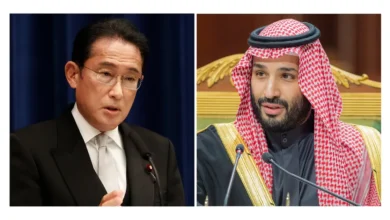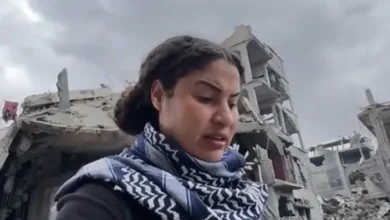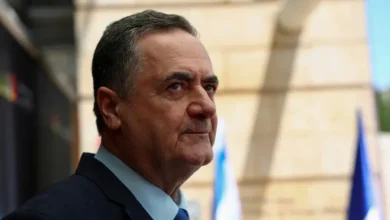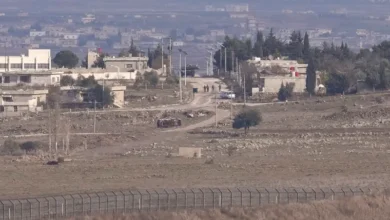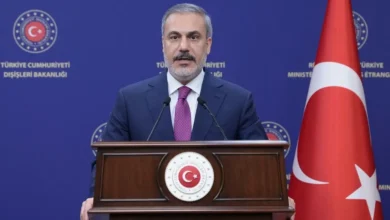One year after killing of leader Nasrallah, Hezbollah says no to disarming
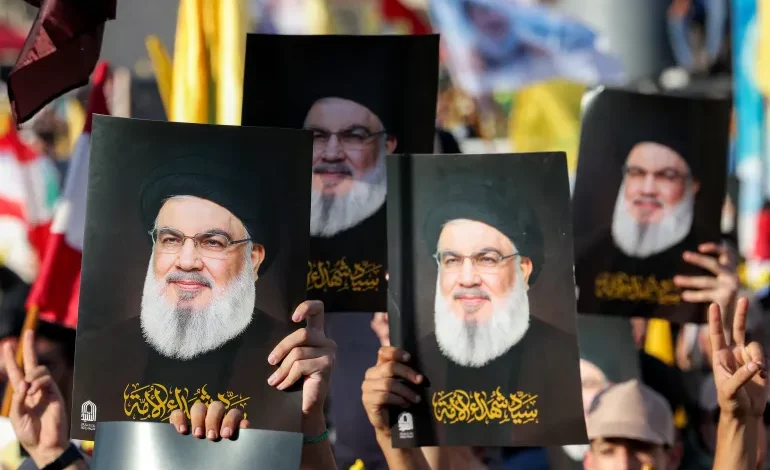
Hezbollah leader Naim Qassem has said the armed Lebanese group will not give up its weapons, one year after Israel killed his predecessor, Hassan Nasrallah, in an air attack on southern Beirut.
Speaking on Saturday to the thousands who had gathered at Nasrallah’s tomb in Lebanon’s capital, Beirut, Qassem promised to maintain Hezbollah’s military capabilities, which have been significantly weakened by its recent war with Israel.
“We will never abandon our weapons, nor will we relinquish them,” he said, adding that Hezbollah would continue to “confront any project that serves Israel”.
His comments come after the new Lebanese government publicly committed to disarming the Iran-backed group.
In the run-up to the first anniversary of his charismatic predecessor’s death, tensions soared between Hezbollah supporters and opponents in Lebanon.
Images of Nasrallah and his heir apparent, Hashem Safieddine, who was killed in an Israeli air strike just weeks after his boss, were projected onto rocks off the coast of Beirut this week, despite orders from Lebanese Prime Minister Nawaf Salam prohibiting it.

On Saturday, thousands of men, women and children wearing black flocked towards Nasrallah’s burial site, with many carrying portraits of the slain leader. Iran’s Supreme National Security Council secretary, Ali Larijani, also attended the commemoration.
“We came here to tell everyone in Lebanon that Hezbollah is still strong,” said Fatima, whose husband was killed in the war with Israel last September.
Ali Jaafar, a 21-year-old university student, said he believed that disarmament of Hezbollah would not happen.
“Handing over the weapons is the dream of the enemies, the internal and external ones – but it will remain just a dream,” he said.
Nasrallah was killed on September 27 last year, when Israel dropped a series of bunker buster bombs on a Hezbollah complex in southern Beirut. He had been in charge of the movement for more than 30 years.
After Israel began its war on Gaza following the deadly Hamas attacks on October 7, 2023, Hezbollah launched rockets at Israel in solidarity with the Palestinian people under attack in the coastal enclave.
A year after joining the fight against Israel, Hezbollah was dealt a serious blow when Israel’s intelligence agency detonated explosives secretly planted inside thousands of pagers used by the group’s members to communicate. Many Lebanese civilians were casualties of the indiscriminate pager blasts, including an eight-year-old girl who was killed.
As the Israeli military targeted and killed Nasrallah and other senior leaders in a massive aerial bombing campaign, it also sent thousands of troops across the border to destroy towns, villages and occupy areas of southern Lebanon.
Despite a ceasefire agreement to end the conflict that was signed between Lebanon and Israel in November 2024, Israel’s military still occupies Lebanese territory and continues to conduct air strikes inside Lebanon that have killed many civilians, but which it claims are Hezbollah members.
